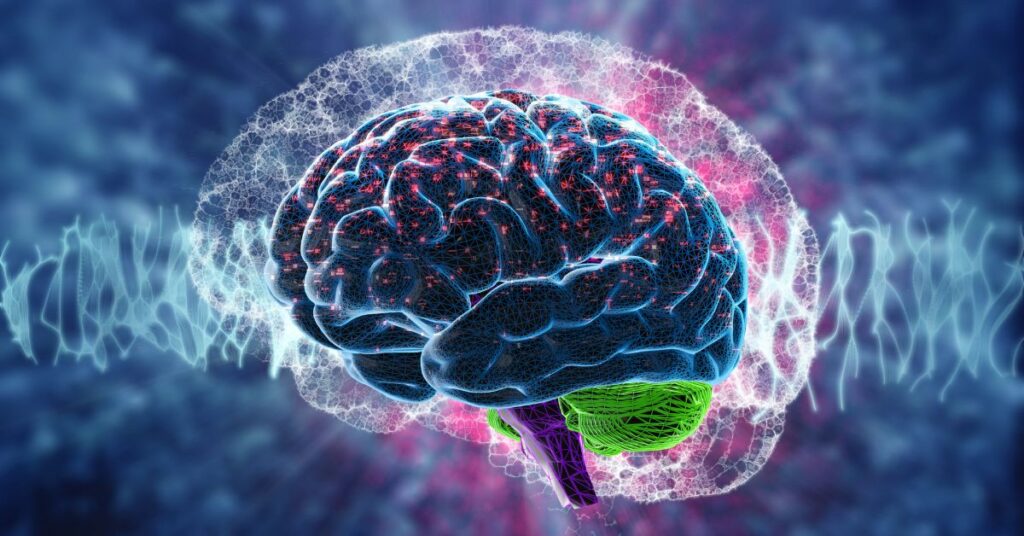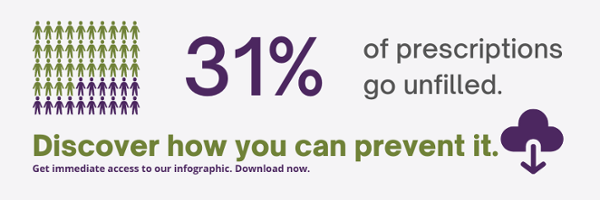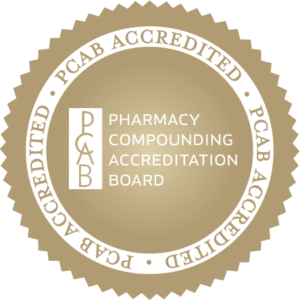“We are receiving reports of good results from patients who have struggled with depression. It is warming to know that our services are helping physicians and patients achieve better outcomes.”
- Scott Popyk, RPH -Founder
In some people, depression can be resistant to traditional treatment methods and medications. It might be time to try something new: a psychedelic. Ketamine is currently the only legal psychedelic drug.
No, your mind won’t be traveling through space and time but it could be put at ease. By microdosing ketamine, it can aid in treating anxiety and depression without altering the state of the brain.
Our compounding pharmacy in Michigan can work with physicians and prescribers to determine the precise dose of ketamine that can be used in treating the patient’s mood disorders and even chronic pain.
How it works
According to Harvard Medical School, ketamine binds to the N-methyl-Daspartate (NMDA) receptors in the brain, increasing the amount of the neurotransmitter glutamate in the areas between neurons. This increase in glutamate leads to more connections with the AMPA receptor which then releases other molecules allowing for communication along other neuron pathways.
While some of the ways in which ketamine works are known, many are still being studied. It is believed that the drug can also reduce signals that are involved in inflammation and promote communication between other parts of the brain. It restores connections that were previously damaged due to stress and depression.
Unlike other medications that can take two weeks before it takes effect, ketamine begins to work within hours.
Ketamine Dosage Forms
Ketamine has been used in the past as a treatment for major depression disorders that are resistant to traditional treatment. For this usage, the drug is administered intravenously (IV) under medical supervision. It greatly affects the psychological and psychological functioning of the patient.
This is where microdosing can be beneficial. Through oral or nasal administration, ketamine can be taken in the patient’s home. In this form, the bioavailability of ketamine is lower than that of ketamine administered intravenously but can extend the effects of the IV treatments allowing for more time in between each session or fewer sessions altogether.
Side Effects
Severe and long term side effects of both IV and microdose ketamine are still being studied.
- High blood pressure
- Nausea
- Blurry vision, variation in colors and textures
- Noise sensitivity
The changes in perception and senses typically occur after the first IV but subside with more sessions. It is not yet clear if these side effects appear after long term use of microdoses of ketamine.
Ketamine is a drug with addictive qualities and the benefits of the treatment should be heavily considered by a physician.
Speak with an HDRX pharmacist to learn more about the benefits of microdosing ketamine to treat depression and anxiety.
Visit our website or call us at (800) 836-2303.
Scott Popyk, RPh – Founder











